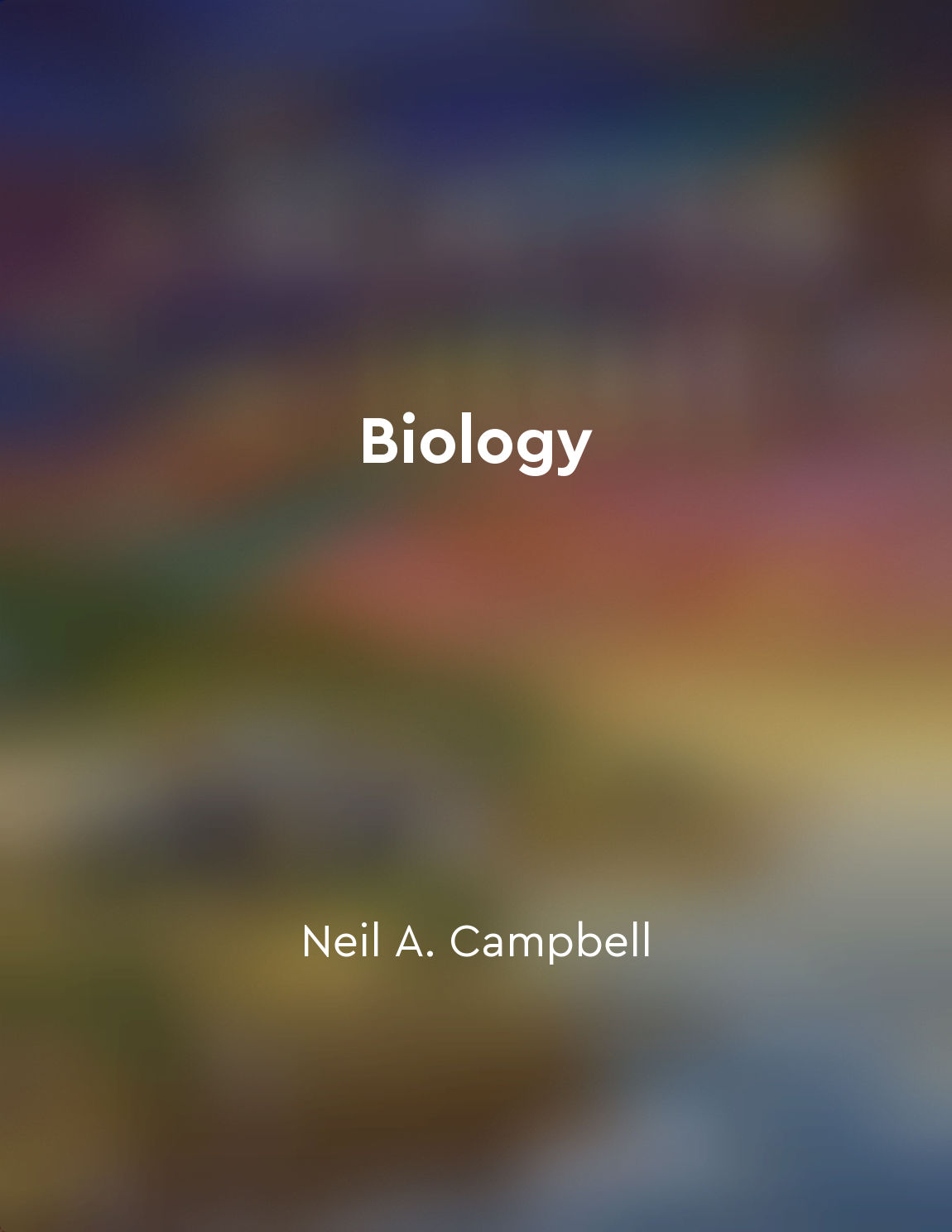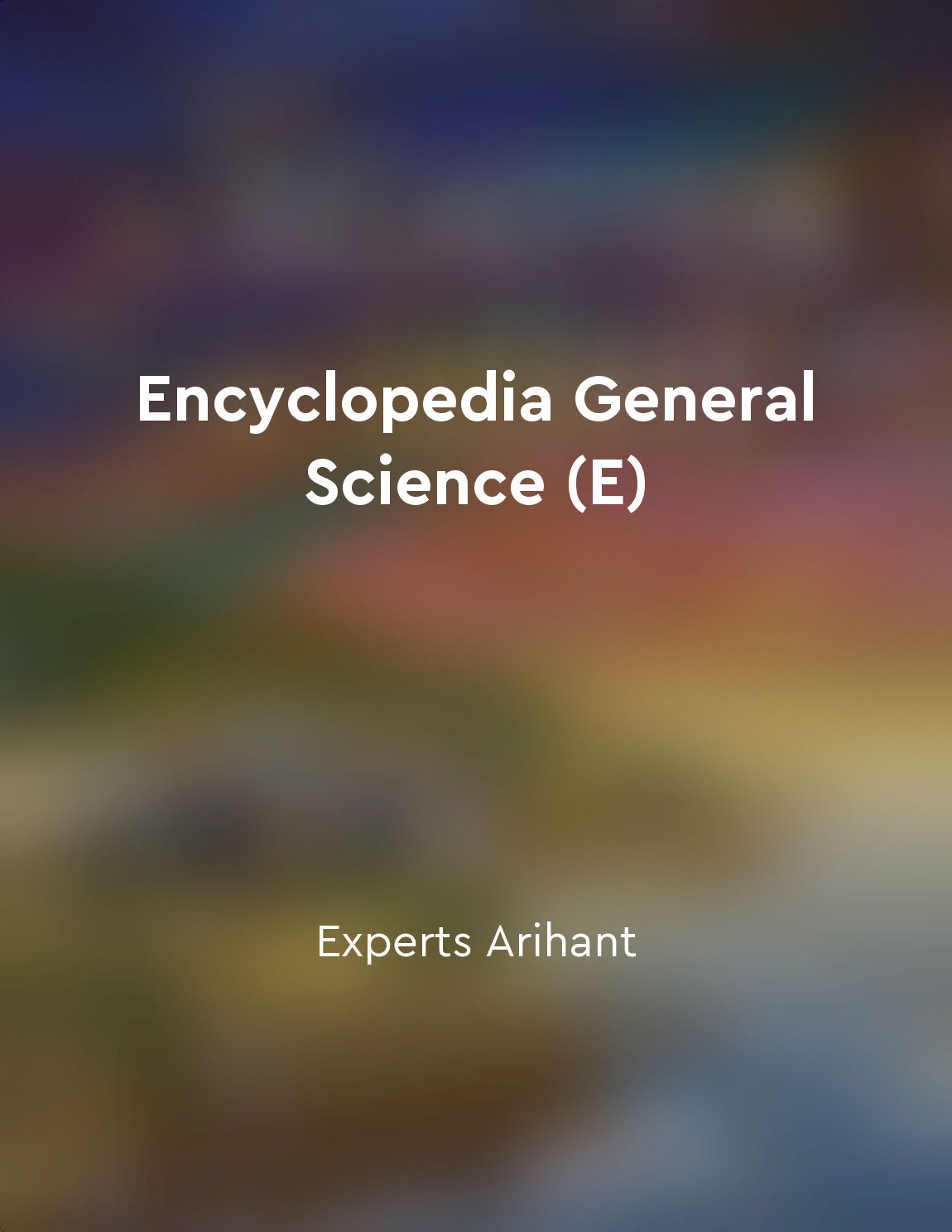Human activities impact desert ecosystems from "summary" of The Crystal Desert by David G. Campbell
Human activities have a profound impact on desert ecosystems. The delicate balance of these arid environments is easily disrupted by human interference. One major way in which humans affect desert ecosystems is through overgrazing by livestock. When too many animals graze in a certain area, they can strip the land of vegetation, leading to soil erosion and desertification. This not only affects the plants and animals that rely on the vegetation for food and shelter, but also has lasting consequences for the overall health of the ecosystem. Another way in which human activities impact desert ecosystems is through urban development. As human populations grow, more and more land is cleared for housing, roads, and other infrastructure. This fragmentation of the desert landscape can have a significant impact on wildlife populations, as it disrupts migration patterns and reduces the availability of suitable habitats. Additionally, urban development can lead to increased pollution and waste, further degrading the quality of the environment for both plants and animals. Mining and resource extraction are also major drivers of ecosystem disturbance in desert environments. The extraction of minerals and fossil fuels often involves extensive land clearing and disruption of natural habitats. This not only destroys the local flora and fauna, but can also lead to long-term environmental degradation through soil contamination and water pollution. The extraction of water for mining operations can also have serious consequences for desert ecosystems, as it can deplete already scarce water sources and disrupt the delicate balance of the ecosystem.- Human activities have a significant impact on desert ecosystems. From overgrazing and urban development to mining and resource extraction, these activities can disrupt the fragile balance of these arid environments and have lasting consequences for the plants and animals that call them home. It is essential that we take steps to mitigate these impacts and protect these unique and valuable ecosystems for future generations.
Similar Posts
Gravity keeps planets in orbit
The force that keeps the planets in orbit is gravity. It is an astonishingly simple concept, yet it is one of the most fundamen...
Human civilization is at a critical juncture
Human civilization finds itself at a pivotal moment in its history, a juncture where the decisions made by our species will hav...
Partition led to the creation of India and Pakistan as separate nations
The partition of India in 1947 resulted in the creation of two separate nations, India and Pakistan. This monumental event mark...
Interactions between plants and other biotic elements in arid ecosystems
The arid ecosystems are characterized by limited water availability and high temperatures, making them challenging environments...
Oceans teem with life once more
In the absence of humans, the oceans undergo a remarkable transformation, slowly but steadily reclaiming their former glory as ...
Monitoring and assessment of vegetation changes in arid regions
Monitoring and assessment of vegetation changes in arid regions is crucial for understanding the dynamics of plant communities ...
Desert plants have evolved remarkable defenses against predators
Desert plants have evolved an impressive array of defenses against predators. One of the most common strategies is the developm...

Cell structure and function
The cell is the basic structural and functional unit of all living organisms. It is the smallest unit that can carry out all th...

Biology is the study of living organisms and their interactions
Biology, as a scientific discipline, delves into the intricate world of living organisms. It seeks to unravel the mysteries beh...
Human civilization is at a critical juncture
Human civilization finds itself at a pivotal moment in its history, a juncture where the decisions made by our species will hav...

